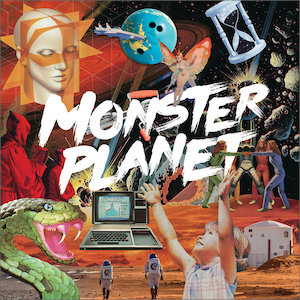Aoki Takamasa was born in 1976 in Osaka, and seems to be one of the most productive artists from the new music scene in Japan. He performed live in 2002 with Vladislav Delay, Snd, Akufen, and Jan Jelinek. Indigo Rose is his third album and also fifth full-length release from the interesting Progressive Form label based in Tokyo.
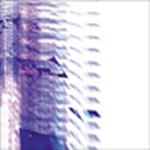
The sound of this album has a kind of abstract quality. It is different and goes from more rhythmic and peaceful tracks to harsher and noisier parts. Sounds new and familiar at the same time, maybe that’s because of the sharper sounds that are always present in this accessible music. The more accessible parts are always covered with a fine dose of sharp noises, so you can call this music cutting edge or improvised IDM if you like. The experimental flow is always there, but it’s not the typical melodic music like Bola for example. The sound of Aoki Takamasa’s album is the furthermost someone can go mixing equal parts melodica and noisy experiments. It doesn’t fall apart completely off the edge like Merzbow and it’s also not too sugary like Novel 23 or Ten and Tracer can be. It is right in between experimental and classic electronica; this is pure cutting-edge music at it’s best. Most of the songs, except the first one, are more than 6 minutes in length, some are even more than 10 minutes. There’s enough time for them to develop nicely, everything is well balanced and the rhythmic and melodic parts are combined with good amounts of light controlled noises. Tujiko Noriko from the Austrian label Mego sings in one track.
Everything is perfectly OK until you get to the final song, one of the best endings I’ve ever heard and one of the most accessible experimental pieces of all time. This last song, called “There’s Not Much Left” is the perfect blissful end of this music. Indigo Rose is a nice album that comes from the very interesting new Japanese post-digital music scene, a scene with labels and artists like Cubic Music, Wonderland Falling Yesterday, Plop Records, Fonica, Aoki Takamasa, Progressive Form, Saag Records, Toshiaki Ooi and many others… Many of the European electronic musicians can learn a lot from the Japanese.






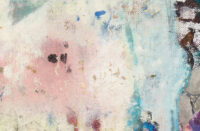
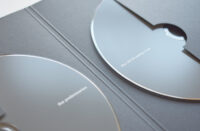
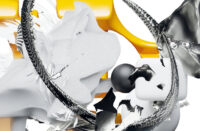

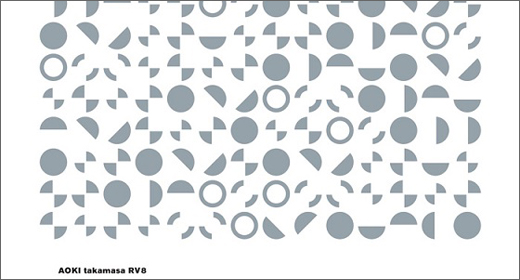
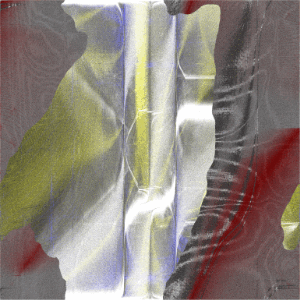

![Pole :: Tempus Remixes (Mute) — [concise]](https://igloomag.com/wp/wp-content/uploads/2025/04/pole-tempus-remixes_feat-75x75.jpg)






![Hasbeen :: Bunker Symphonies II (Clean Error) — [concise]](https://igloomag.com/wp/wp-content/uploads/2025/04/hasbeen-bunker-symphonies-ii_feat-75x75.jpg)
